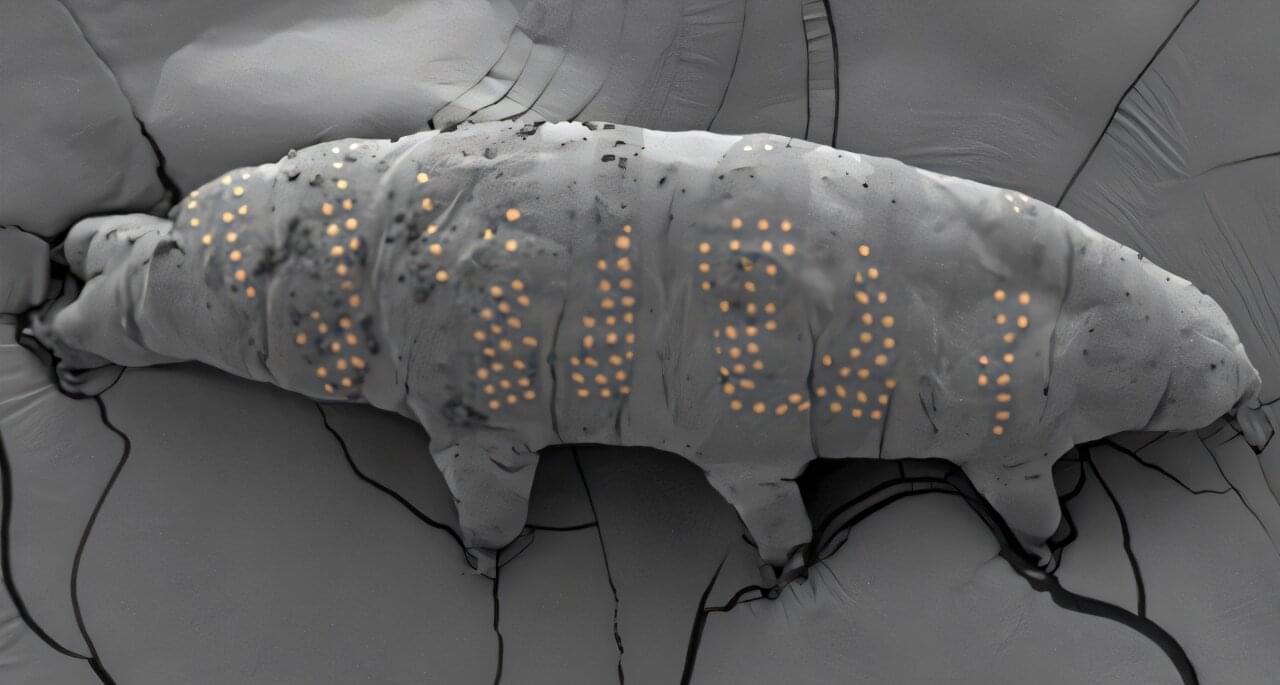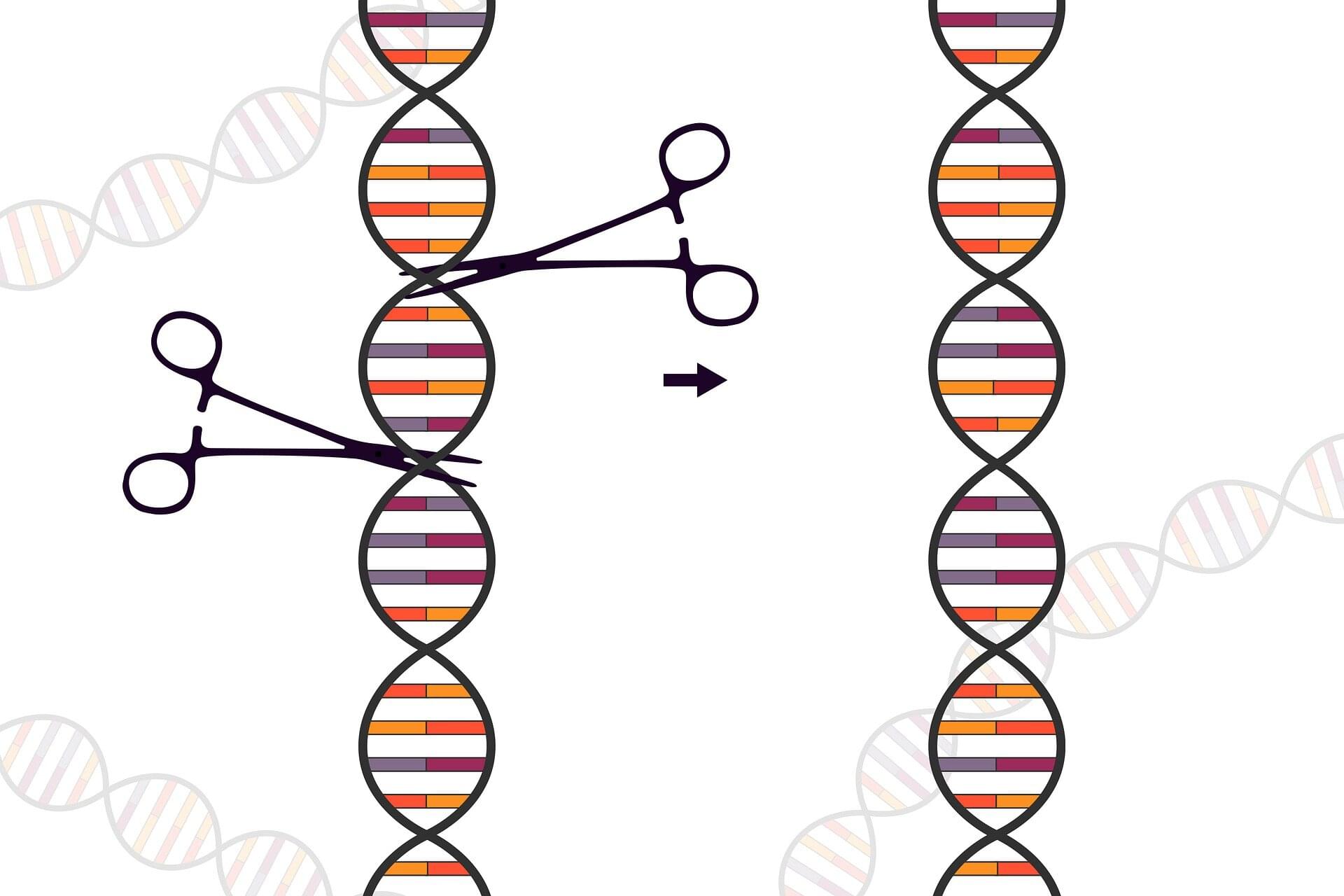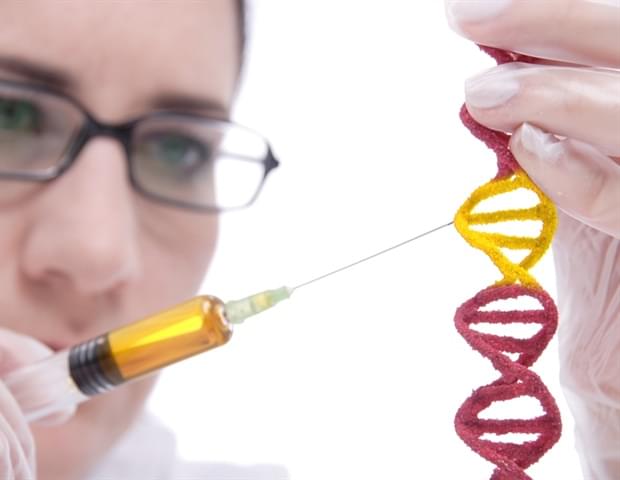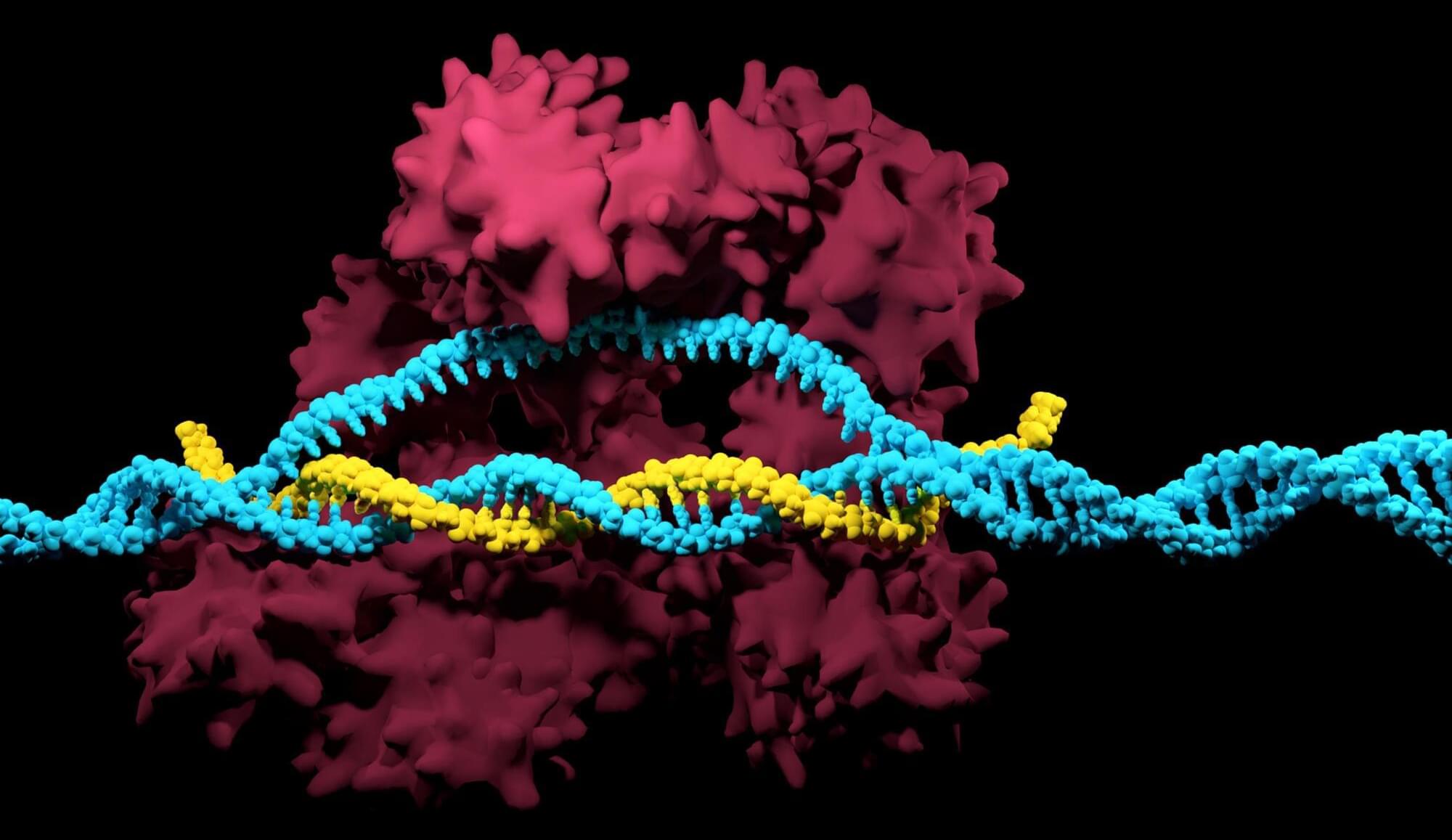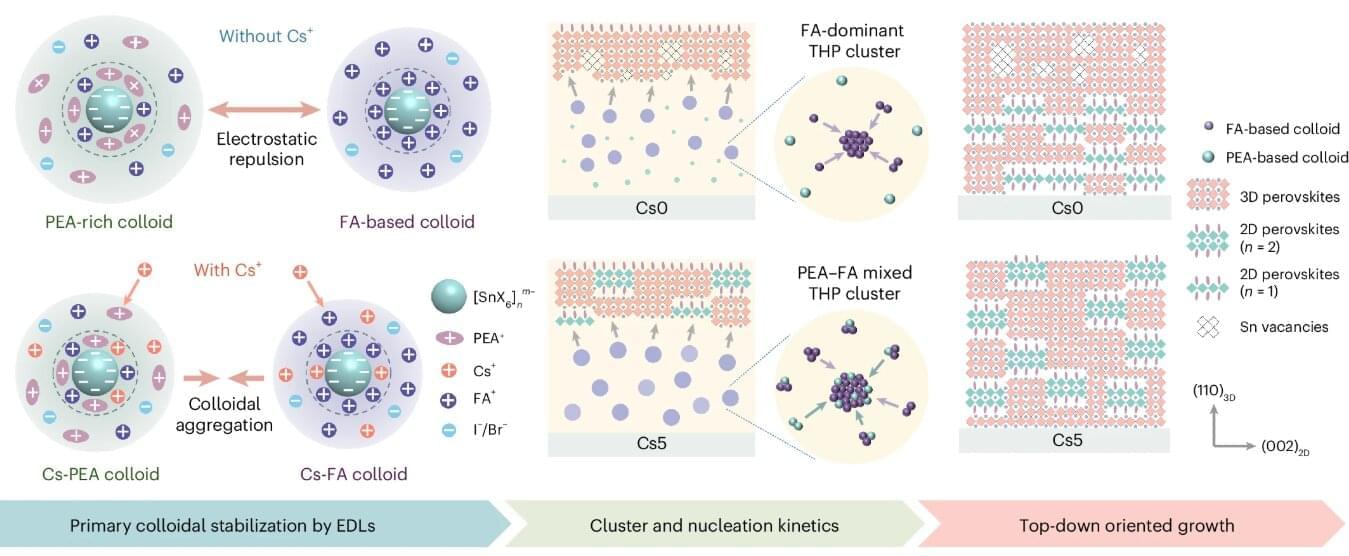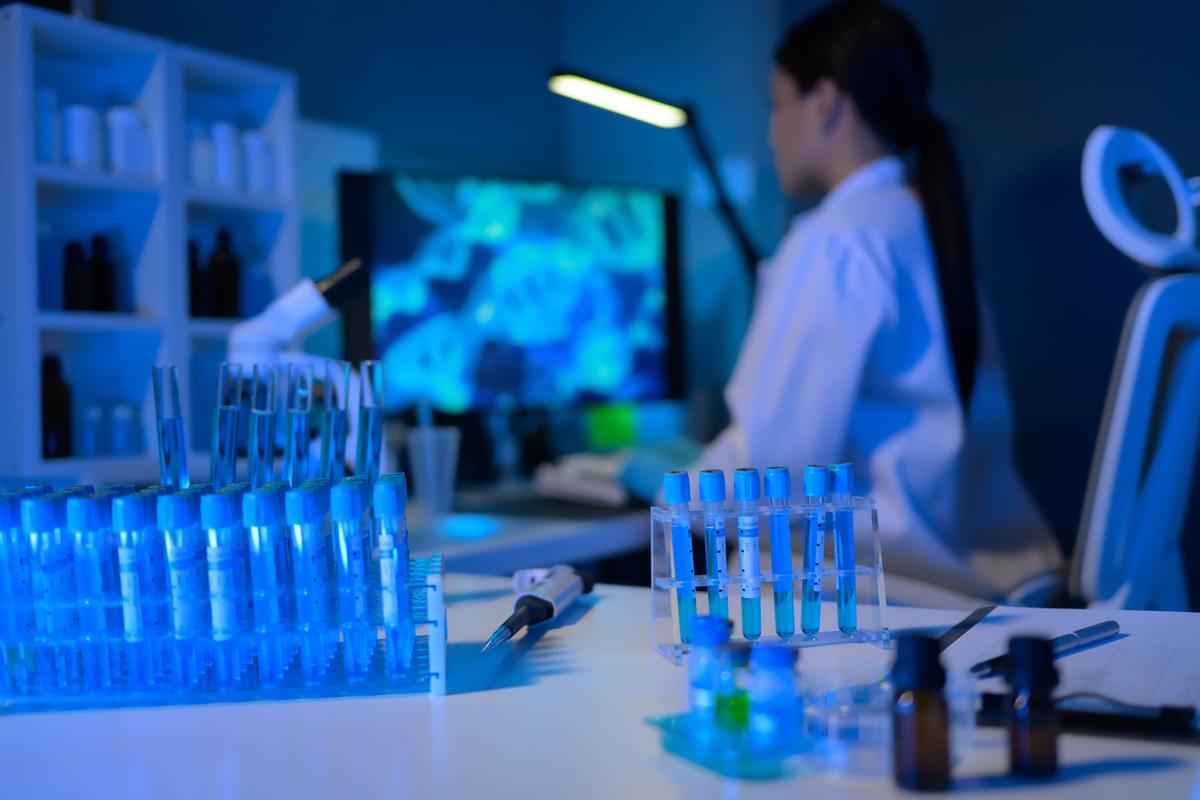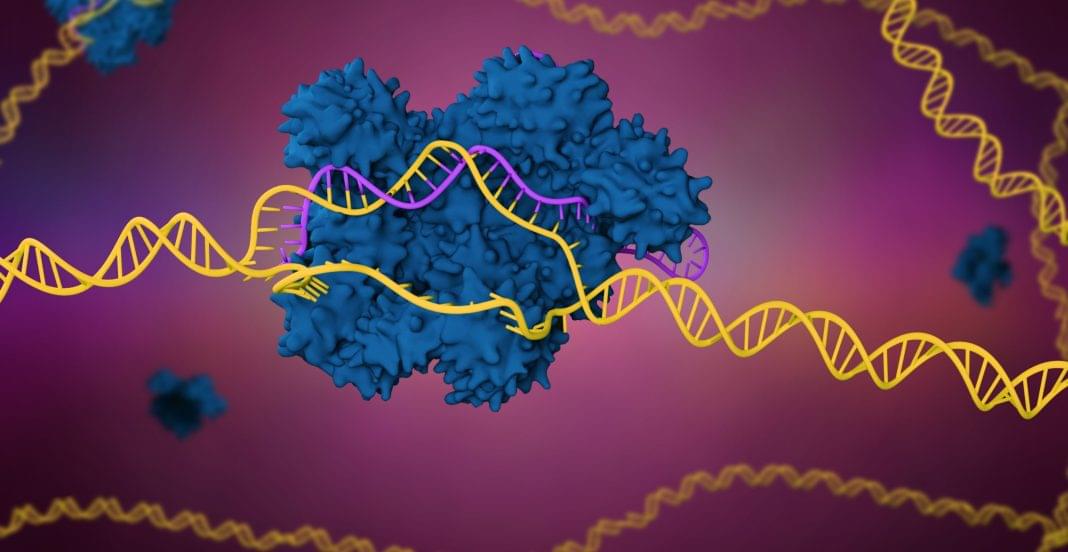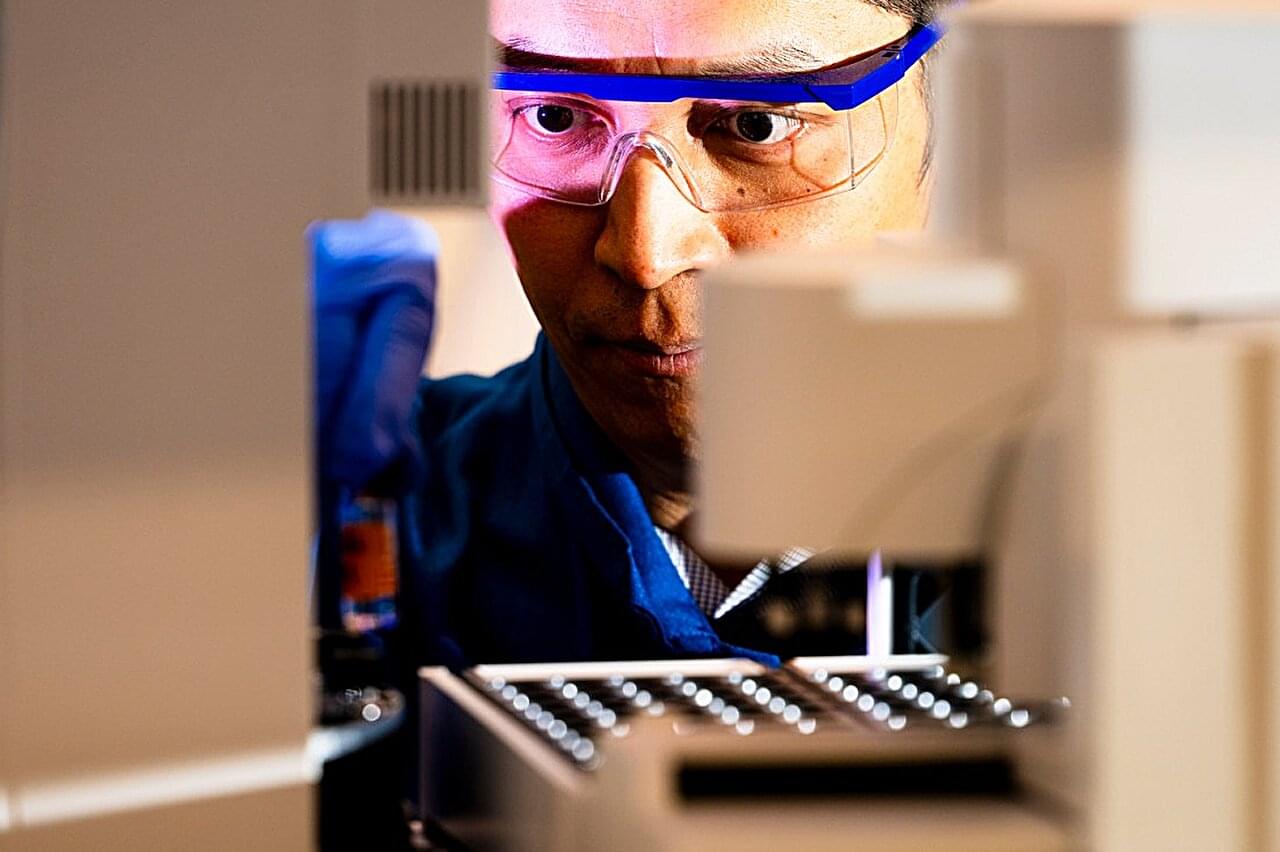If you haven’t heard of a tardigrade before, prepare to be wowed. These clumsy, eight-legged creatures, nicknamed water bears, are about half a millimeter long and can survive practically anything: freezing temperatures, near starvation, high pressure, radiation exposure, outer space and more. Researchers reporting in the journal Nano Letters took advantage of the tardigrade’s nearly indestructible nature and gave the critters tiny “tattoos” to test a microfabrication technique to build microscopic, biocompatible devices.
“Through this technology, we’re not just creating micro-tattoos on tardigrades—we’re extending this capability to various living organisms, including bacteria,” explains Ding Zhao, a co-author of the paper.
Microfabrication has revolutionized electronics and photonics, creating micro-and nanoscale devices ranging from microprocessors and solar cells to biosensors that detect food contamination or cancerous cells. But the technology could also advance medicine and biomedical engineering, if researchers can adapt microfabrication techniques to make them compatible with the biological realm.
